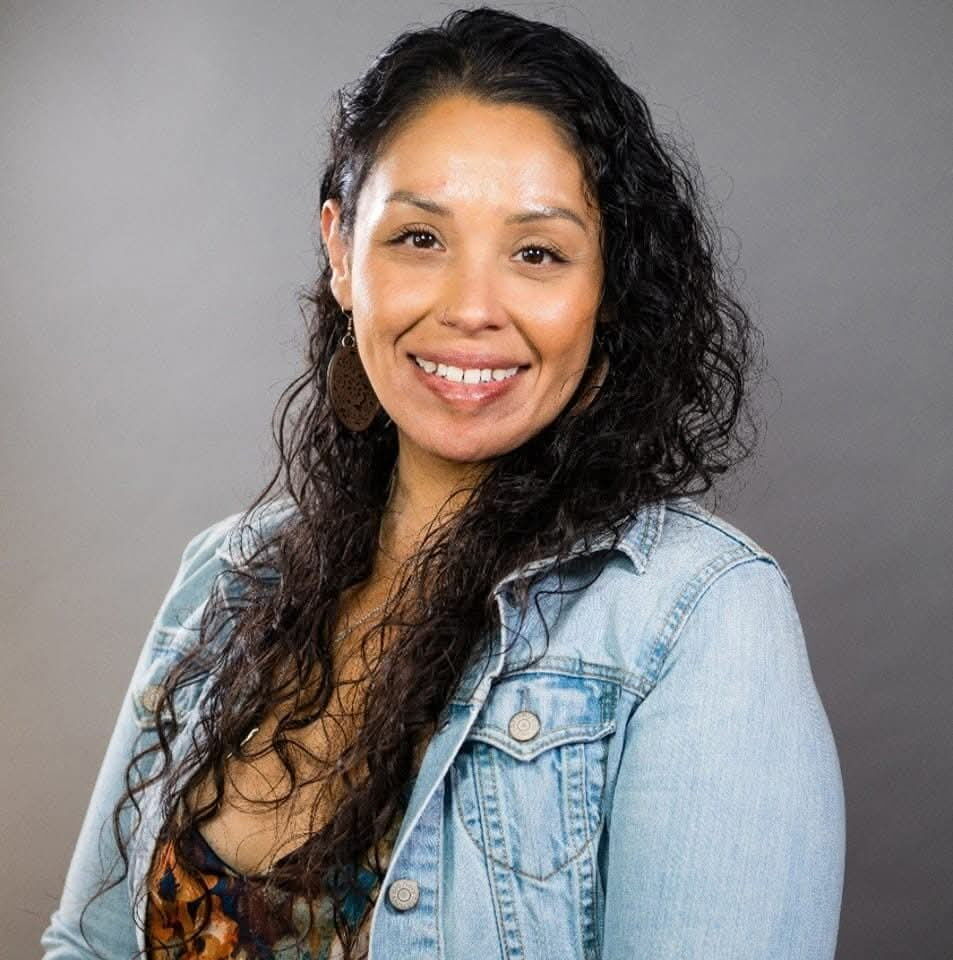SLOAN | Does rule of law still apply in an emergency?


Considering the hyper-litigious nature of our society, we can expect the courts to have a heyday in the wake of the COVID pandemic. Already they have been called upon in several jurisdictions to chop a path through some tangled landscape that government response to the crisis has created. Both the U.S. and Colorado supreme courts have weighed in on such issues, and the differences in their approach have been interesting. The specific cases and their dispositions are less important than the potential lasting implications.
The nation was subject to the scene, surreal under the circumstances, of long and often-crowded lines of people waiting to vote in Wisconsin’s primary election. With much of the country in one form of lockdown or another, and “social distancing” the ubiquitous order of the day, it was somewhat unnerving to witness the periodic exercise of democratic license being played out. Some have tried to cast blame on the U.S. Supreme Court, but a closer look reveals that those animadversions are highly inaccurate.
Here’s what happened: The state’s Democratic governor, Tony Evers, had resisted, until virtually the last minute, calls to postpone the election, even ordering an exemption for polling places to the state’s ban on public gatherings. He experienced a change of heart at that last minute and attempted to unilaterally call the election off on Monday, the day before it was to begin.
At about the same time, federal district Judge William Conley, in response to the state’s effort to curb the number of poll-goers by issuing a vast number of mail ballots, extended the deadline for receiving mail-in ballots from election day, Tuesday April 7, to Monday April 13. In doing so, Judge Conley (who happens to be an Obama appointee) also directed that those ballots were eligible to be counted regardless of when they were mailed or delivered, even if that happened to be after election day. This, quite obviously, could have had the effect of unduly altering the outcome of the election after election day, so an accompanying order was issued barring the state’s elections board from reporting the results until the 13th. These two orders clearly amounted to a substantial change in election policy.
Enter the Supremes. The Wisconsin Supreme Court ruled that the emergency powers granted to Gov. Evers under state law did not extend to arbitrarily changing election law, something that was the sole purview of the state legislature. About an hour later, the U.S. Supreme Court, which had been asked to intervene on Judge Conley’s order, ruled, on a 5-4 decision, that the federal court did not have the authority to fundamentally alter election rules in the way that permitting voting for nearly a week after the election was over would do. As precedent they cited the 2006 Purcell v. Gonzalez SCOTUS decision, which directed lower federal courts to not alter election rules, particularly on the eve of an election.
What both the Wisconsin and U.S. Supreme Courts said in effect was not that Wisconsin couldn’t postpone the election or change how it was done in response to extraordinary circumstances, only that it ought to do so the right way.
In Colorado, the state Supreme Court was also asked to intervene on a question given rise by the unique circumstances of the moment. Colorado’s Constitution directs that the general assembly must meet once a year for no more than 120 calendar days commencing no later than the second Wednesday in January. Given the imposition of the COVID-19 outbreak compelling the suspension of the session, the legislature asked for the court to decide if the 120-day legislative clock was allowed to pause and resume whenever the legislature decided it was safe to re-congregate, or whether 120 calendar days meant 120 calendar days, regardless of extraneous circumstances.
The political implications were obvious; a pause meant that, in theory at least, the legislative agenda that was brought to an abrupt halt two weeks ago could resume as though nothing happened, whereas a literal interpretation would require a greater re-ordering of priorities, and probably a special session.
The Court, as we know, took the decidedly more elastic approach to the question, reading a great deal of latitude into the constitution’s wording.
These various cases present an important question, rarely explored in times of relative normalcy; does the rule of law, as codified in constitutional process, still apply during times of emergency and crisis? The Wisconsin and U.S. Supreme Courts affirmed that it does. The Colorado Supreme Court decided that it is flexible in unusual times, a decision the implications of which are at least as unnerving as the scenes in Wisconsin on Tuesday.
Kelly Sloan is a political and public affairs consultant and a recovering journalist based in Denver.













